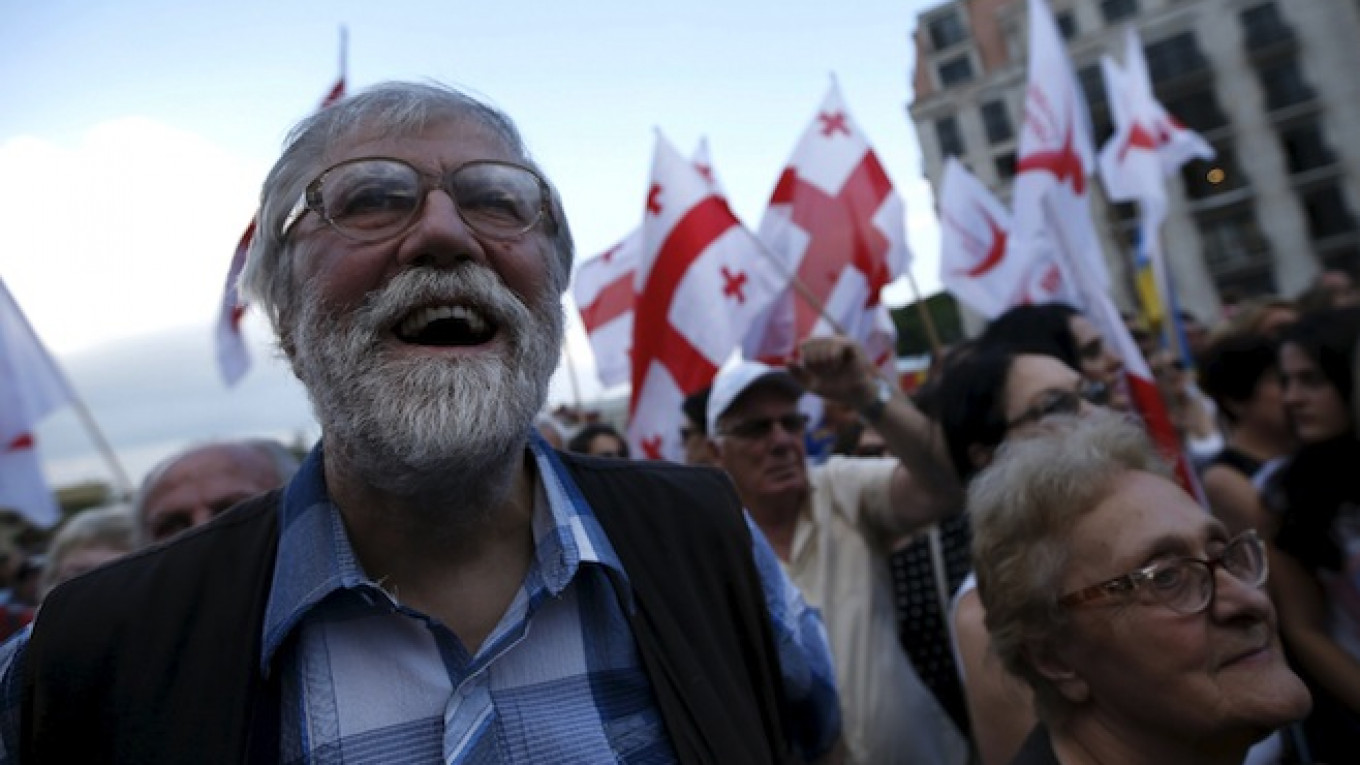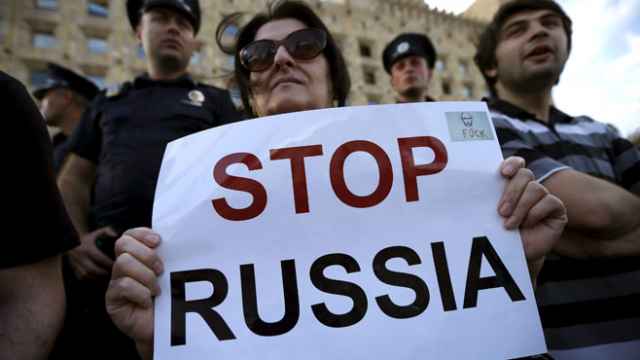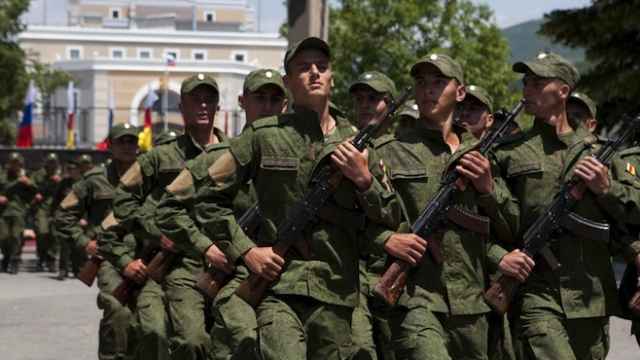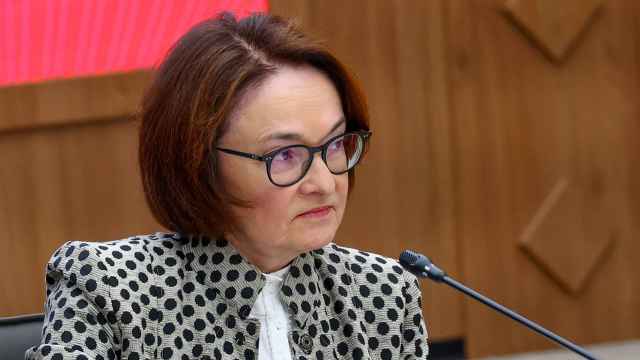Georgia's defense minister called for greater integration with the European Union on Wednesday — the same day Russia's foreign ministry issued a statement denying claims that it had violated Georgian territory.
Georgia can only achieve its "ultimate goal — the restoration of its territorial integrity" by completing the country's integration with the European Union, Georgian Defense Minister Tina Khidasheli said in an exclusive interview with RFE/RL.
"No one has any illusions about Russia" and "no one in the world today thinks of Russia as a partner," Khidasheli said, adding, however, that so far Tbilisi has been successful in its "diplomatic war" with Moscow.
"Russia is losing all of its bridgeheads" in diplomatic circles, while "Georgia is gaining new friends," Khidasheli told RFE/RL.
Khidasheli's interview took place on the same day the Russian Foreign Ministry issued a statement denying Tblisi's accusations that it had moved further into Georgian territory by placing border markers on the edge of the breakaway South Ossetia region.
"Information about moving the borderline inside the Georgian territory is wrong," the Russian Foreign Ministry said in its statement.
South Ossetia and its fellow breakaway region of Abkhazia moved away from Georgia's control after the Five Day War with Russia in 2008. Russia recognizes both regions as independent states and both host Russian military bases, but most countries and the United Nations regard them as part of Georgia.
Russian troops have been installing barbed wire and fences around South Ossetia since the war but residents say the soldiers have now erected border signs up to 1.5 km beyond the administrative border.
Georgia's Foreign Ministry said last week that part of the Baku-Supsa oil pipeline was now in territory it regards as occupied by Russia.
European Council President Donald Tusk criticized Russia on Monday for placing the border markers, calling it a provocation.
The 830-km Baku-Supsa pipeline, operated by BP, runs from Azerbaijan to the Georgian Black Sea terminal of Supsa. It can transport up to 100,000 barrels of oil per day.
A former Soviet republic, Georgia is important to Europe because its pipelines bring in Caspian gas and oil.
The country of 3.7 million has no diplomatic relations with Russia but says a foreign policy goal is not to antagonize Moscow. Nevertheless, it is seeking membership of NATO and the European Union
A Message from The Moscow Times:
Dear readers,
We are facing unprecedented challenges. Russia's Prosecutor General's Office has designated The Moscow Times as an "undesirable" organization, criminalizing our work and putting our staff at risk of prosecution. This follows our earlier unjust labeling as a "foreign agent."
These actions are direct attempts to silence independent journalism in Russia. The authorities claim our work "discredits the decisions of the Russian leadership." We see things differently: we strive to provide accurate, unbiased reporting on Russia.
We, the journalists of The Moscow Times, refuse to be silenced. But to continue our work, we need your help.
Your support, no matter how small, makes a world of difference. If you can, please support us monthly starting from just $2. It's quick to set up, and every contribution makes a significant impact.
By supporting The Moscow Times, you're defending open, independent journalism in the face of repression. Thank you for standing with us.
Remind me later.






